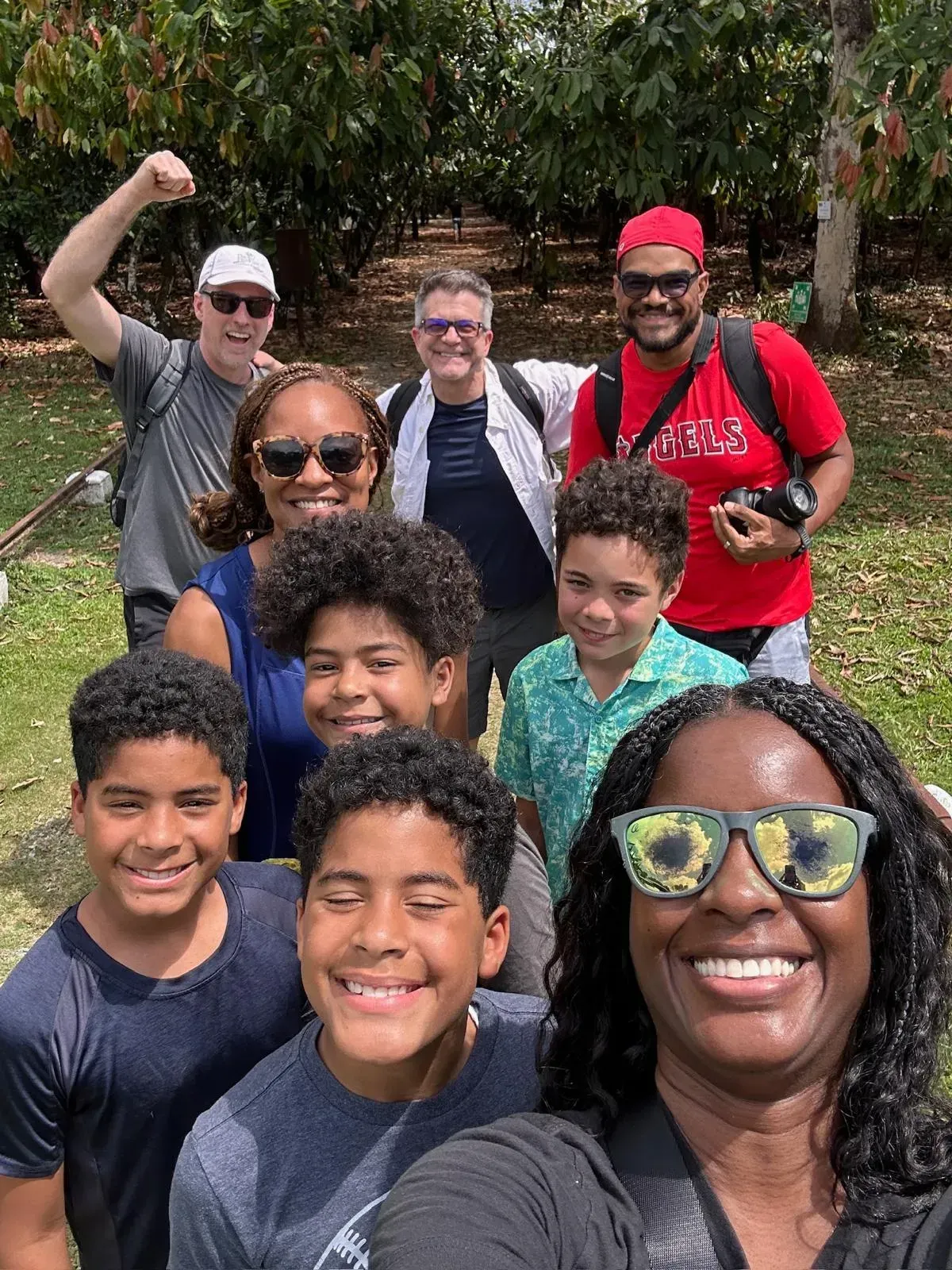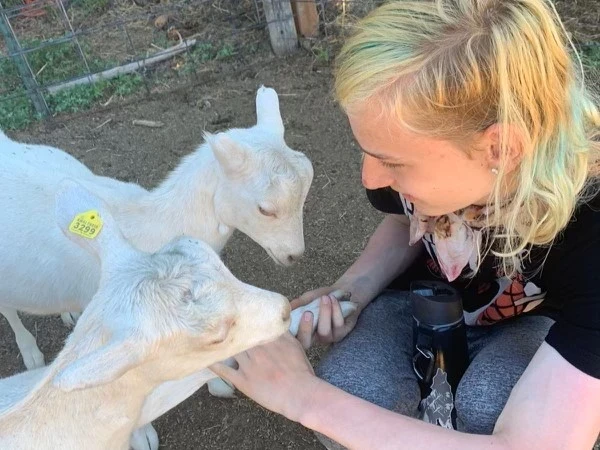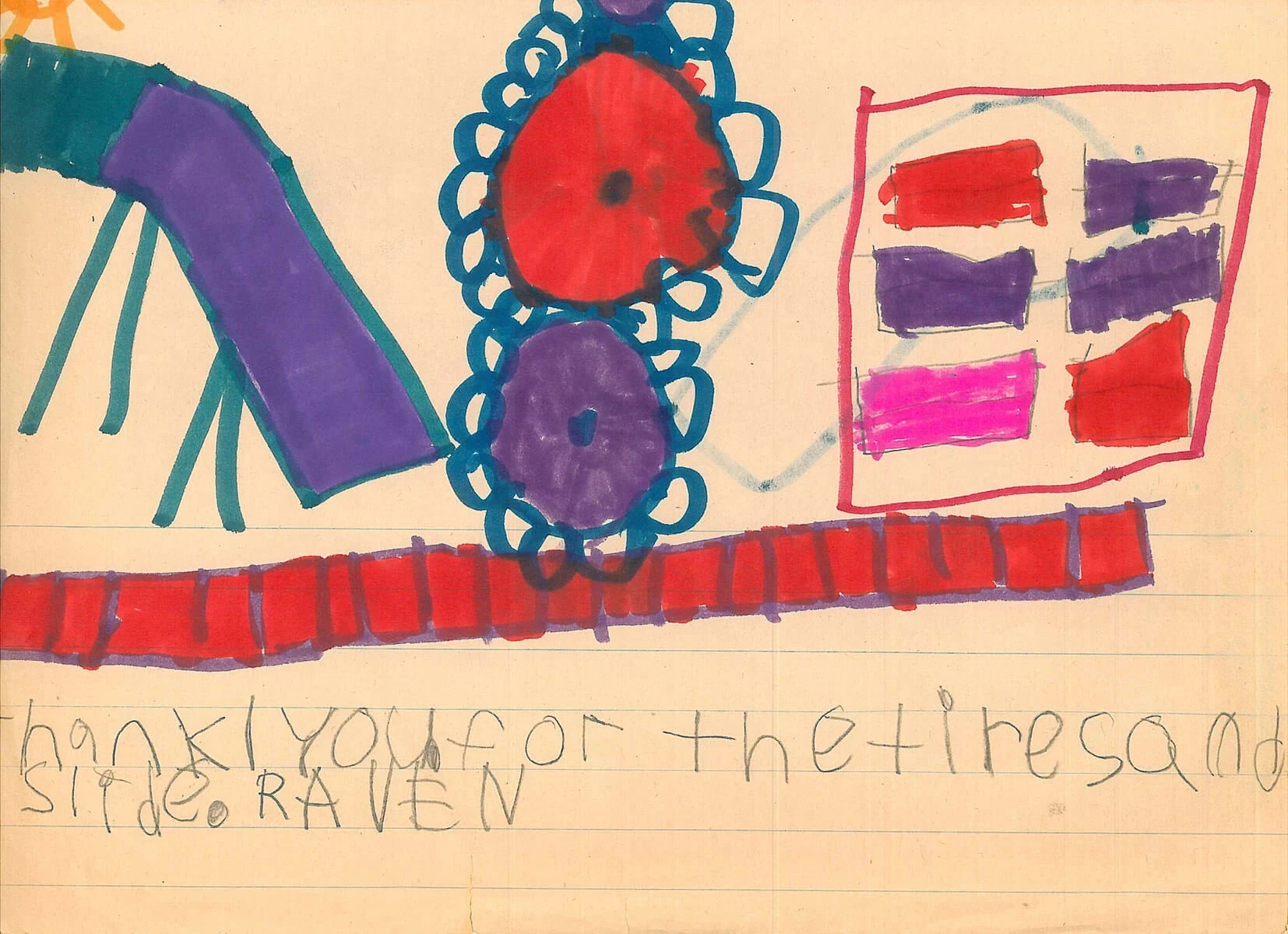We take great care to keep teenagers healthy in the varied domestic and foreign communities in which we work. We carefully refine tried and true procedures and implement new ones as experience, information, and advances in health science indicate. The following are a few rudimentary guidelines and some precautions we take.
- Throughout the year we consult the Centers for Disease Control online (www.cdc.gov) about all program destinations, especially those overseas. The web site is a solid source of general information and easy to navigate. We keep names and numbers of a few CDC physicians and contacts for personal consultation if need be.
- Every VISIONS program has two first aid kits fully stocked (big fishing tackle boxes) and two fanny pack first aid kits. We stock most of the contents here in PA before sending to the programs, developing sites especially where simple things like Band-Aids or over-the-counter medications may not be readily available. Most programs also stock baby wipes for occasions when we can’t readily wash our hands. Our lists of emergency contact numbers—local doctors, hospitals, emergency response, police, etc.—are re-checked annually at all sites before participants arrive. The lists are in all first aid boxes, in our living space, and carried on each staff member’s person at all times.
- All sites have a copy of the excellent resource, Where there Is No Doctor, and a Health and Safety manual with generic health guidelines and detailed site-specific health information.
- We start everywhere by following the simplest guidelines for determining if local food is safe to eat: if the food is hot, dry, un-peeled, or sealed when, it can be considered safe. If it is warm and moist, peeled, opened, or raw or partially cooked it is not considered safe. We purchase bottled water at some sites, and do not use questionable tap water for cooking, brushing teeth, making ice cubes. In developing countries, milk products are avoided unless they are boiled or pasteurized. Fresh vegetables, such as lettuce or tomatoes, are washed thoroughly in safe water treated with a capful of Clorox, then rinsed thoroughly with clean, safe water.
- We wash our hands often and always before handling food.
- We drink lots of water. Everyone keeps a full water bottle handy at all times and is urged to drink often.
- In some locations, we use DEET-based insect repellent and avoid mosquito bites when possible. We sleep in enclosed areas or under mosquito nets and cover up as much as possible.
- We mention the potential for Traveler’s Diarrhea in the Spring Packet, and one way to stave it off is to be well rested. Lack of sleep can depress the immune system and make us more susceptible to illness. This is one reason why we have a bedtime at all program sites.
- We dress appropriately for the climate. Participants in cooler climates bring layers of clothing. A broad-brimmed hat, sunglasses and sun block are essentials for bright, sunny climates.
Again, this is only a partial list of the ways we travel healthy and the precautions we follow. Consider it a basic template for healthy travel anywhere you travel.






